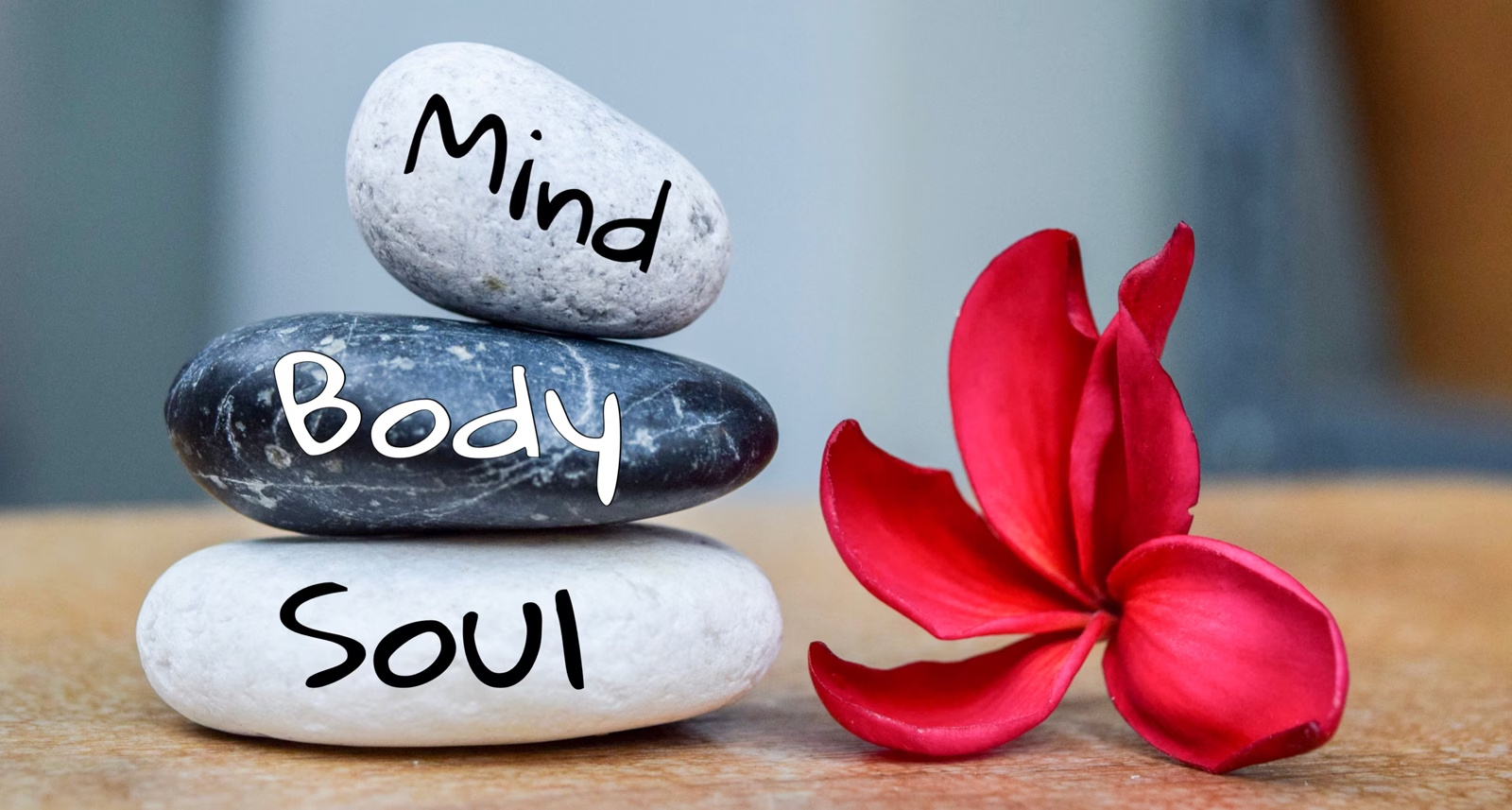In today’s fast-paced world, stress, chronic illnesses, and lifestyle-related disorders have become increasingly common. While modern medicine has made incredible advancements in treating acute conditions and saving lives, many people are turning toward holistic healing practices to achieve overall well-being. Among these, Ayurveda and Yoga, rooted in ancient Indian wisdom, have gained global recognition. Interestingly, modern science is now exploring and validating many of its benefits, bridging the gap between tradition and evidence-based healthcare.
This blog explores how Ayurveda, Yoga, and modern science work together to create a holistic approach to healing the body, mind, and spirit.
What is Holistic Healing?
Holistic healing goes beyond treating symptoms; it focuses on the whole person—body, mind, emotions, and spirit. The idea is that health is not merely the absence of disease but a state of balance and harmony. Holistic practices emphasize prevention, natural remedies, lifestyle changes, and mind-body integration.
Unlike conventional medicine, which often isolates health issues into specialties, holistic healing looks at the interconnectedness of different systems in the body. This is where Ayurveda and Yoga play a central role.
Ayurveda: The Science of Life
Ayurveda, one of the world’s oldest medical systems, originated in India over 3,000 years ago. The word itself means “science of life.” According to Ayurveda, every individual is unique, and their health depends on the balance of three energies or doshas: Vata (air and space), Pitta (fire and water), and Kapha (earth and water).
Key Principles of Ayurveda
Personalized Medicine – Ayurveda treats individuals, not diseases. Two people with the same condition may receive entirely different treatments based on their doshas.
Diet and Lifestyle – Food is considered medicine. The right diet, sleep routine, and daily practices (called Dinacharya) maintain balance.
Herbal Remedies – Natural herbs like turmeric, ashwagandha, tulsi, and neem are used to boost immunity and restore health.
Detoxification – Practices like Panchakarma remove toxins, rejuvenating the body and mind.
Modern research has started validating some Ayurvedic herbs and practices. For example, turmeric’s active compound, curcumin, is now recognized for its anti-inflammatory and antioxidant properties. Similarly, ashwagandha is being studied for reducing stress and improving brain function.
Yoga: Union of Body and Mind
Yoga is more than just physical exercise—it is a spiritual discipline that integrates the body, mind, and spirit. Rooted in ancient Indian philosophy, Yoga includes postures (asanas), breathing exercises (pranayama), meditation (dhyana), and ethical living.
Benefits of Yoga
Physical Health: Improves flexibility, strength, and posture.
Mental Health: Reduces stress, anxiety, and depression.
Respiratory Health: Pranayama strengthens lung function and boosts oxygen flow.
Chronic Illness Management: Studies show Yoga can help manage diabetes, hypertension, and arthritis.
Yoga’s popularity worldwide is partly due to modern scientific studies proving its effectiveness. For instance, research published in the Journal of Clinical Psychology shows that Yoga-based interventions reduce symptoms of anxiety and improve emotional regulation. Hospitals and wellness centers now integrate Yoga into rehabilitation programs, making it a complementary therapy.
Modern Science Meets Ancient Wisdom
For a long time, Ayurveda and Yoga were dismissed by skeptics as unscientific. However, recent decades have seen a shift. Evidence-based research is increasingly validating their role in promoting holistic health.
Examples of Integration:
Herbal Medicine Studies: Turmeric, neem, and giloy are being researched for their therapeutic properties, with results supporting their use in treating inflammation, infections, and immune disorders.
Mind-Body Research: Neuroimaging studies reveal that meditation and pranayama can rewire the brain, improving focus, reducing stress hormones, and enhancing emotional well-being.
Preventive Healthcare: Modern medicine acknowledges the importance of lifestyle in preventing diseases like diabetes and hypertension—a concept Ayurveda has promoted for centuries.
Integrative Medicine Centers: Globally, clinics and hospitals now combine conventional treatments with Yoga and Ayurveda for holistic patient care.
The Power of Balance
Ayurveda, Yoga, and modern science may use different approaches, but they all emphasize one truth: health depends on balance.
Ayurveda restores balance through diet, herbs, and detoxification.
Yoga brings harmony through physical postures, breath, and meditation.
Modern science contributes by diagnosing diseases accurately and treating life-threatening conditions effectively.
Together, they provide a comprehensive healthcare system that addresses both prevention and cure, body and mind, ancient wisdom and modern research.
Practical Steps for Holistic Healing
You don’t need to choose between Ayurveda, Yoga, or modern medicine. Instead, you can integrate them into your lifestyle. Here’s how:
Start Your Day Mindfully – Begin with a few minutes of meditation or deep breathing to center your mind.
Follow Ayurvedic Nutrition – Eat fresh, seasonal, and balanced meals suited to your body type.
Practice Daily Yoga – Dedicate at least 20–30 minutes to yoga postures and pranayama.
Use Herbal Support – Incorporate natural herbs like turmeric tea or ashwagandha supplements after consulting an expert.
Balance with Modern Medicine – For chronic conditions or emergencies, always follow medical advice while using holistic practices as complementary support.
Final Thoughts
Holistic healing is not about rejecting modern medicine but about embracing a balanced approach to wellness. Ayurveda teaches us to live in harmony with nature, Yoga aligns the body and mind, and modern science offers life-saving tools and treatments.
When these three streams come together, they provide a powerful system of health that not only treats diseases but also promotes long-term well-being.
As more people seek sustainable, natural, and integrative healthcare solutions, the synergy of Ayurveda, Yoga, and modern science is paving the way for a healthier and more mindful future.




